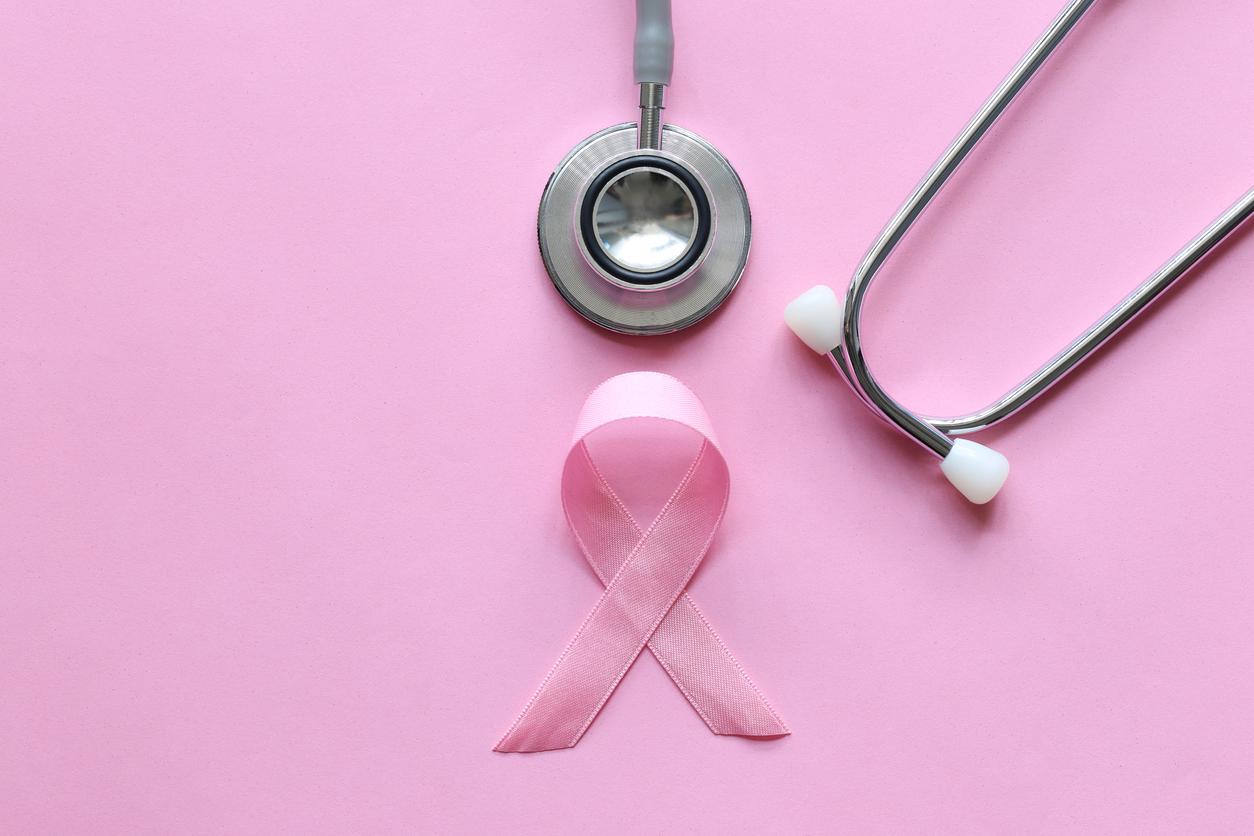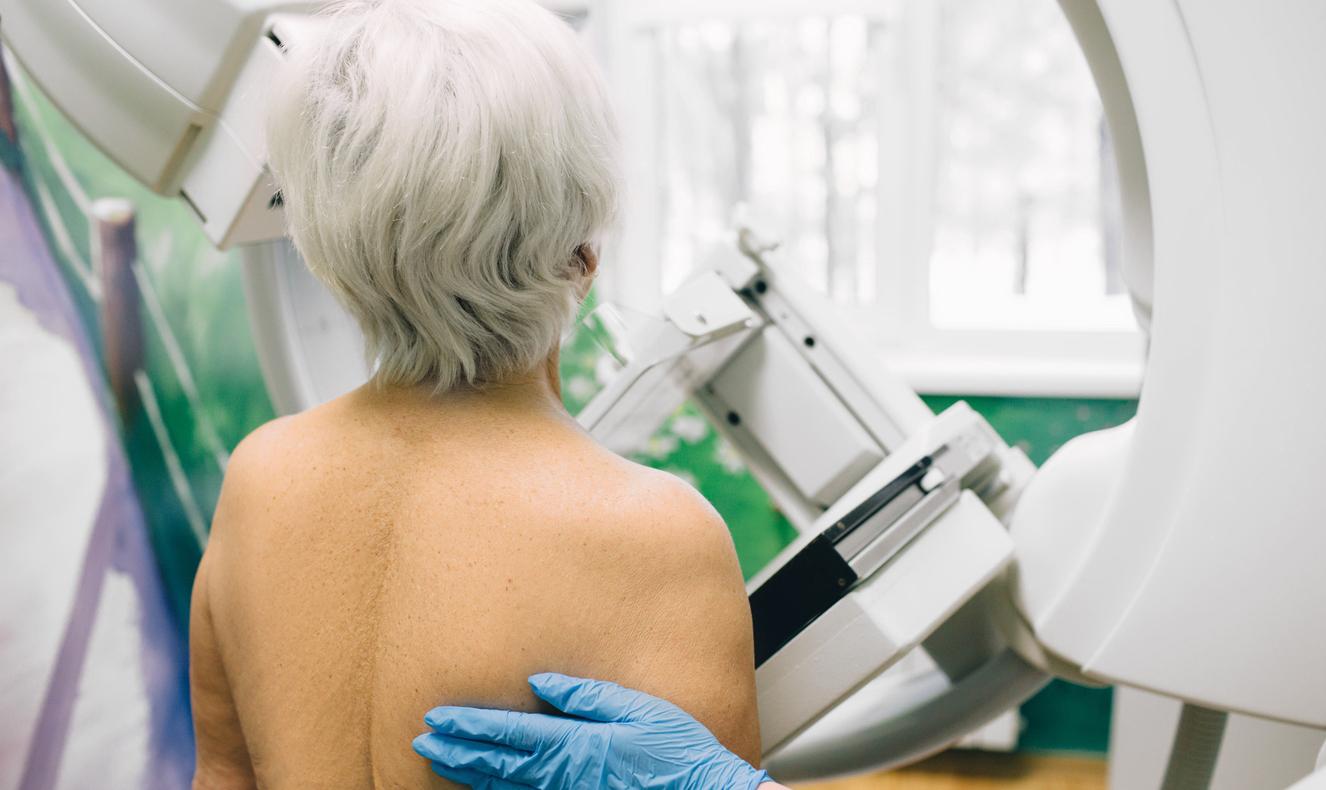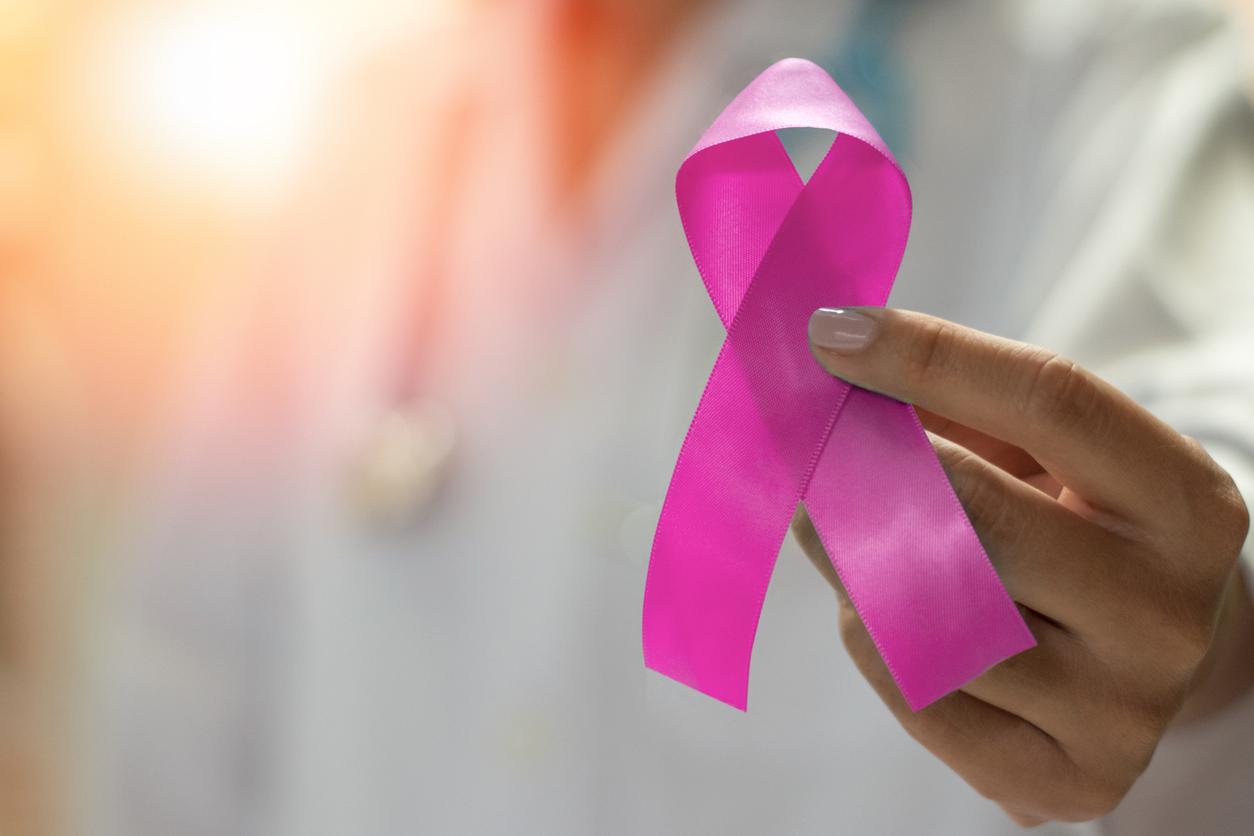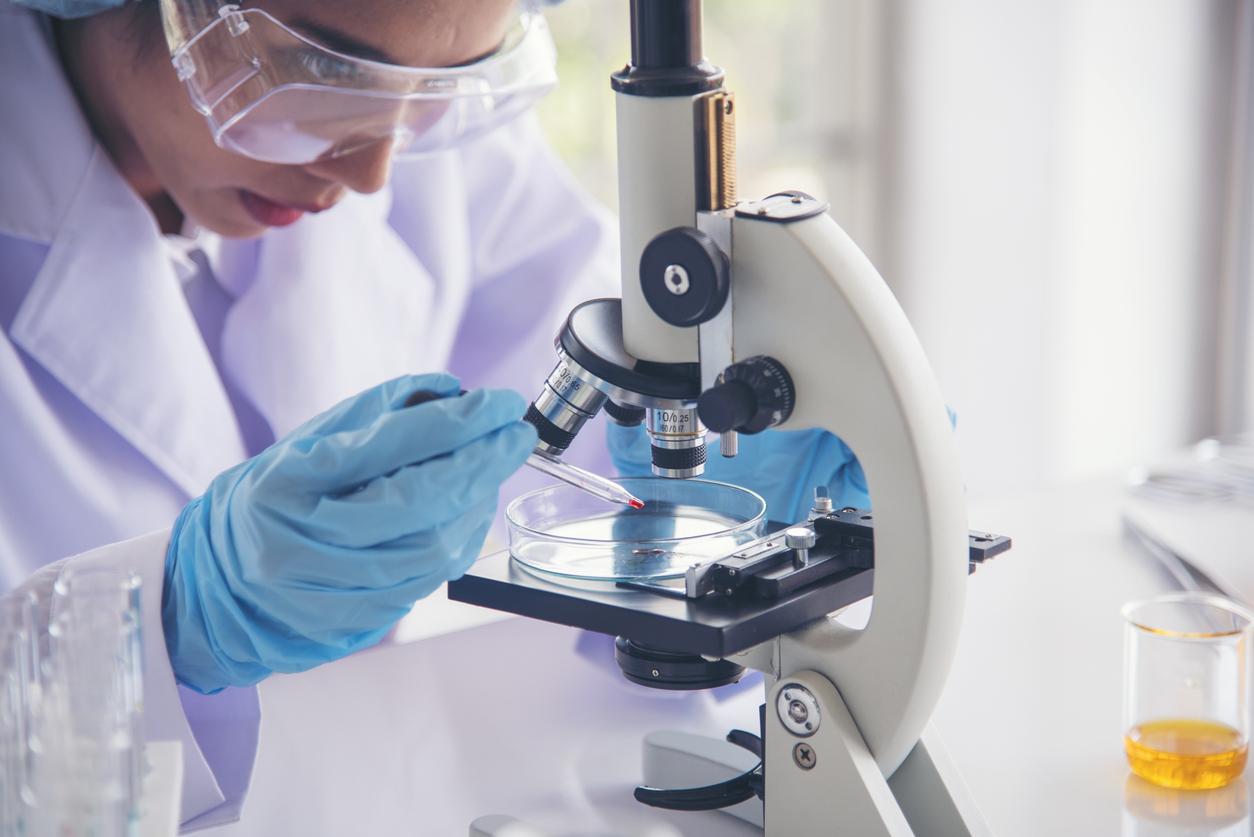Preventive mastectomy significantly reduces mortality from breast cancer.
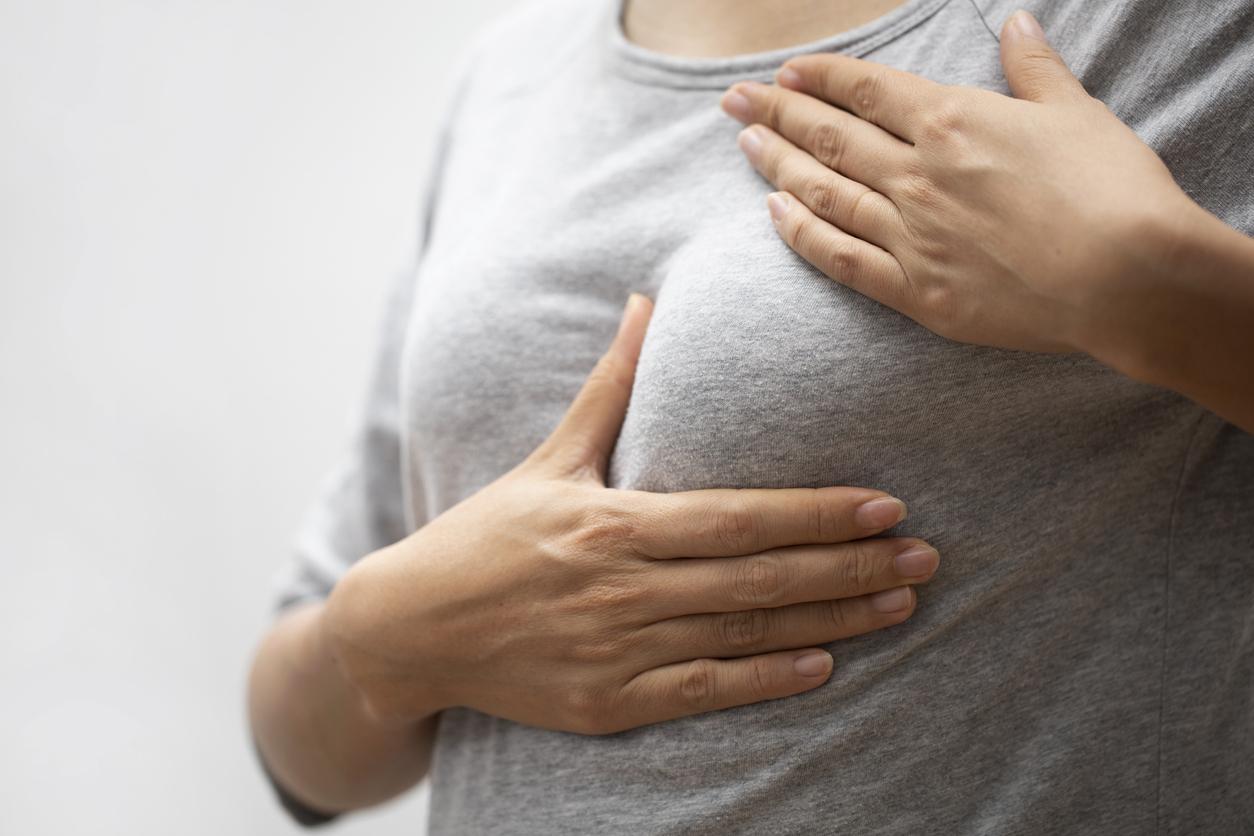
- Women carrying the BRCA1 or BRCA2 genes have an 80% chance of developing breast cancer during their lifetime.
- This is why they may be offered a preventive mastectomy consisting of removing both breasts before the disease begins.
- A new study finds that preventive mastectomy, also called risk-reducing mastectomy (RRM), can significantly reduce breast cancer mortality in women with BRCA1 or BRCA2 genes.
A new study reveals that preventive mastectomy, also called risk-reducing mastectomy (RRM), can reduce breast cancer mortality in women carrying the BRCA1 or BRCA2 genes.
This research was led by Lawrence Bloomberg Faculty Professor Kelly Metcalfe and scientists from Women’s College Hospital.
Breast cancer: what is preventive mastectomy?
Women carrying the BRCA1 or BRCA2 genes have an 80% chance of developing breast cancer during their lifetime. This is why they may be offered an operation consisting of removing both breasts before the disease begins.
“The decision to undergo a risk-reduction mastectomy is often difficult for a woman to make. The more we are able to provide them with reliable data when they have to make this choice, the more informed they will be,” Kelly Metcalfe said.
To move in this direction, his team followed more than 1,600 women carrying the BRCA1 or BRCA2 genes for six years. They came from nine different countries, and half of them had undergone a risk-reducing mastectomy.
At the end of the trial, researchers counted 20 breast cancers and two deaths in the group that opted for MRR, then 100 breast cancers and seven deaths in the control group. Preventive mastectomy has reduced the risk of breast cancer by 80%.
“At present we have a good breast cancer screening system, so risk-reducing mastectomy is only offered as an option and not a recommendation”specifies the director of the study. “But with more studies like ours, we will eventually know whether these guidelines need to be changed.” she concludes.

Breast cancer and preventive mastectomy: 2 women out of 1,000 affected
There are approximately 2 women in 1,000 who carry a mutation in the BRCA1 and BRCA2 genes. “In France, nearly 21,000 people carrying this mutation were identified between 2003 and 2014 as part of the national oncogenetics system 2″, specifies the National Cancer Institute.
Every year, more than 50,000 women develop breast cancer in France. Among them, more than 80% will live beyond 10 years after their illness thanks to medical and scientific progress. However, the treatments administered often generate toxicities in the more or less long term. After breast cancer, patients may face difficulties in their daily life: change in body image, pain, fatigue, chronic motor function disorders, urinary problems, psychological consequences, etc.







